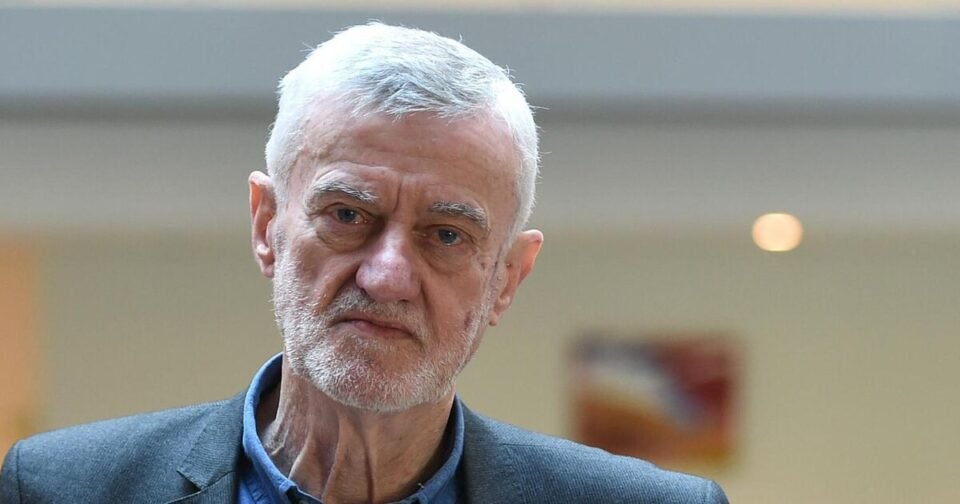Bernard O’Donoghue’s latest collection, , contains a familiar mix of reflections on rural life combined with scholarly references.
The poem , for instance, begins with a quote from Dante before moving into an achingly tender recollection of his schooldays: “In the morning it was raining, so/we were sent unwillingly to school”.
As so often with O’Donoghue, a seemingly simple opening to a poem leaves us unprepared for what’s to come. In this case, later in the day, his father’s hat is seen “framed in the dim glass/of the classroom half-door, motioning to us”.
The speaker’s sister, we learn, is about to die and he and his siblings must be brought home. In the poem’s closing lines we are left to contemplate “the flower garden/that Theresa had tended all her short life”.


